Quantum technology
Quantum technology will change computing, sensing and communication forever – heralding a transformation of business and society. But to achieve success, it must be applied in the right places in just the right way.
How will it change your world? The answer is not straightforward. Firstly, quantum is not going to solve every problem tomorrow; adoption will be gradual. Yet a wait-and-see approach won’t cut it. As quantum gathers momentum, businesses with first-mover advantage will gain most value.
Secondly, the quantum core relies on integration. Understanding how it will be incorporated into wider systems – as well as the skills needed to capitalise on this – is key. We’re exploring this link as we help propel the commercial adoption of quantum technologies, products and services.
What we do
We can help you seize opportunity from the world of quantum bits or qubits, quantum entanglement, quantum processors, quantum cloud computing, quantized energy levels, quantum algorithms – or any other quantum keyword you discover.
CC is a deep technology consultancy where the unusual physics of quantum mechanics meets practical engineering and technology development. Our scientists and engineers cut through the hype of quantum technology, researching and actively driving a wide range of opportunities for clients.
Quantum computing
With its radical computation, quantum can solve the unsolvable. Quantum computers work very differently to classical computers. Their hardware and software are a total departure from traditional information technology. New development tools and novel ways of loading data and running algorithms are called for.
Realising the business benefits of quantum computing will be hard – and require a radical approach to computer science. Quantum computing is built on quantum superposition. In conventional computer systems each bit is either zero or one, but in quantum computers ‘qubits’ can be set to zero and one at the same time. A qubit, or quantum bit, is the basic unit of information and the physical object that stores the information.
It all seems counterintuitive. Yet quantum computing applications quicken computations that require complex processing of information; allowing us to solve previously intractable scientific problems. We’re expecting a radical growth in quantum computer-based artificial intelligence, data encryption, data security and more.
Quantum communication and QKD
Quantum will spark a revolution in the encryption and transmission of data. Quantum communication, through the process of quantum key distribution (QKD), allows for guaranteed, provable security. The benefits of communication using a QKD system, including the security inherent in it, will transform information security.
How does QKD and quantum security work? The act of observation changes quantum states of whatever is being observed. So, if a hacker intercepted a quantum key on a QKD network, that key would change, and it would be obvious to the sender and recipient that it had been compromised.
Security is guaranteed by the physics and, in principle at least, quantum-resistant communication is possible. But putting the physics to work is hard.
The absolute security guarantee available in principle isn’t easy to realise in practice. QKD over short distances is relatively straightforward. But QKD at the scale needed in practical information systems is much tougher. Developing the quantum hardware to enable it is a challenge.
Post-quantum cryptography
The transformative promise of quantum computing represents a seismic technology shift that will render a good part of current cryptographic standards meaningless. The key establishment mechanisms and authentication methods that make up our current security ecosystem could become obsolete.
So how in the long term do we future-proof systems and embed post-quantum cryptography (PQC) into a new generation of innovation?
Solutions can be found in post-quantum cryptography, or quantum security – an important technology that is the topic of heavy research. Its premise is to write algorithms capable of running on classical computer hardware that are secure against the computations possible in quantum computers.
Quantum sensing
Quantum sensing offers a level of performance that could be ten, a hundred or even a thousand times better than what is commercially available today. A transformational shift in measurement at the sub-atomic scale.
By exploiting sub-atomic behaviour, a radar, lidar, gravimeter or magnetometer could be a thousand times more sensitive than anything available today. It could open applications in medical technology, manufacturing, energy and navigation.
Enabling these quantum sensing applications requires a level of performance that is difficult to achieve. Ensuring that the signal from a quantum sensor can be distinguished from environmental noise is a key challenge. Taking a quantum sensor from the laboratory bench and into the real world needs a combination of quantum understanding and engineering realism.
What is quantum technology?
For quantum technology to achieve the transformational benefits it promises, it needs to be applied in just the right places in just the right way. We can help by bringing clarity to the perplexing world of qubits, quantum circuits, quantum cloud computing, quantized energy levels, quantum algorithms and much more.
Identifying the near, mid- and long-term commercial applications of quantum computing, sensing and communication will be a key consideration for many businesses.
How we can help you
Strategic planning and innovation management
If you have an existing quantum solution, we can help you understand how it could be adapted and applied profitably in other markets. We can advise you on if, how and when quantum might affect your market and what you should do about it.
Technical advice and research
We can help you understand the feasibility and value of quantum solutions. There are a lot of extraordinary claims – some are real, some are not. Our quantum technology experts can help establish their veracity.
Quantum design
We’ll tailor quantum solutions to your opportunity, finding the right quantum system requirements in the context of your unique challenge.
Development of quantum solutions
Our understanding of cutting-edge deep tech – and history of developing disruptive and new-to-the-world innovation – can elevate your core quantum technologies and supporting component technologies to create full quantum solutions.
Featured insights
Our expertise
We develop optical solutions for a wide range of different applications, including low-noise fluorescence imaging, fibre optic sensing, high-accuracy spectroscopy and interferometry, photonics, opto-fluidics and sensor systems.
We combine sophisticated optical and algorithmic technologies to solve challenging machine vision problems, from monitoring cars through to complex robotic control. Meanwhile, our expertise in microscopy and optical coherence tomography has led to significant breakthroughs in the medical sector.
Our continual investment in state-of-the-art technology and instrumentation, combined with world-class multi-disciplinary expertise, delivers breakthroughs in display and illumination on an increasingly miniaturised scale.
Our expertise in physics and chemistry underpins everything we do.
With in-house expertise in materials science and knowledge of the structure and composition of wide range of properties we can ensure that all elements of a system’s design use the most appropriate materials.
We can accurately predict the intricate behaviours of fluids and their interaction with physical surfaces and our microfluidics expertise is crucial to many projects. We’re particularly experienced in phase change materials and the handling of hot and cold fluids for beverage systems.
Our Product realisation capability ensures that products are not only innovative but also manufacturable, functional, and optimised for the end-user experience. This holistic approach integrates design, function, and manufacturing right from the start, ensuring a smooth path to production.
A core element of realisation is our Design for Manufacturing (DFM) expertise. Our DFM engineers and New Product Introduction (NPI) teams collaborate closely with our trusted Contract Manufacturing (CM) partners to ensure designs are optimised for both performance and manufacturability. This close partnership reduces costly iterations and speeds up the journey to market.
We go beyond traditional DFM by addressing cross-functional challenges, optimising mechanical architecture, UX, and ID, while maintaining design authority throughout.
This is especially valuable for breakthrough innovations, allowing us to deliver high-quality products faster, providing significant value to our clients and giving them a competitive edge.
Markets and technologies evolve rapidly and unpredictably. Very few companies can afford to develop all relevant technologies, so tough choices need to be made. We help identify opportunities to ‘build, borrow or buy’ new technologies in anticipation of market requirements.
Business transformation is typically driven by a combination of internal, industry-related, and external factors, often rooted in technology. And whilst technology-based disruption is nothing new, the speed at which new offerings have built scale has been unprecedented.
The expertise we employ as technology strategy consultants has been in existence at Cambridge Consultants for decades. Because our consultants are engineers and scientists with deep technical insight, they can identify golden opportunities and recommend an innovation portfolio or technology roadmap.
We ensure that not only is the technology is understood but that the business model, market offerings and operations are all set up for success.
Our facilities
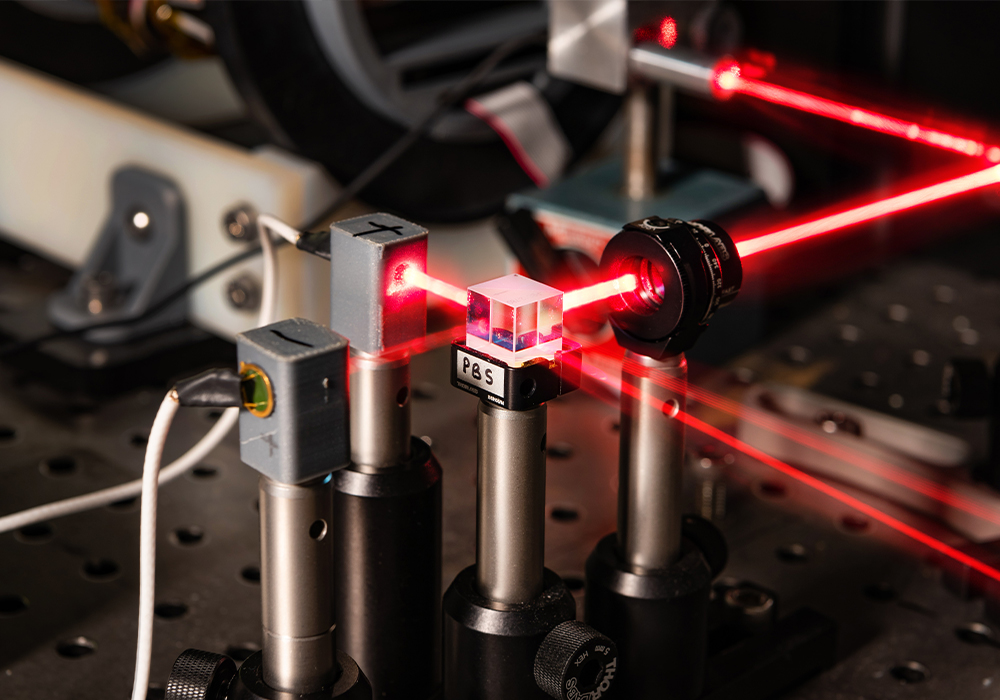 |
Optics labOur suite of optics labs enable us to build complex and high-precision optical layouts, typically for testing prototype designs and novel techniques before deployment. Featuring six high-spec optical benches with configurable interlocked controlled areas for high-power (class 4) laser work and specialist facilities for interferometry, spectroscopy, low-noise fluorescence imaging and photon counting. This space can be split into separate laser-controlled areas, allowing multiple experiments to run simultaneously, giving our optical engineers the capability to develop creative solutions without instrumentation restrictions |
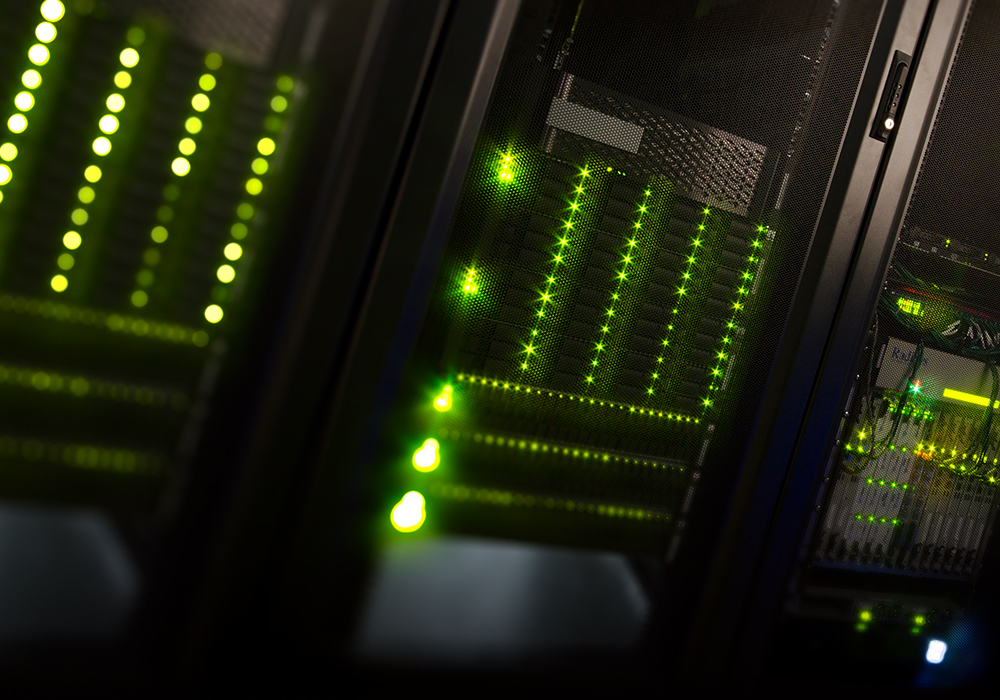 |
Digital labWith one petabyte local storage and specialised hardware for telecoms chassis design, machine learning development and more, this facility allows us to develop, test and operate new cloud-ready digital services rapidly in a secure environment. It enables rapid end-to-end prototyping and experimentation of sensitive concepts. We work across the full spectrum of cloud service providers, supporting both public and private infrastructures. |
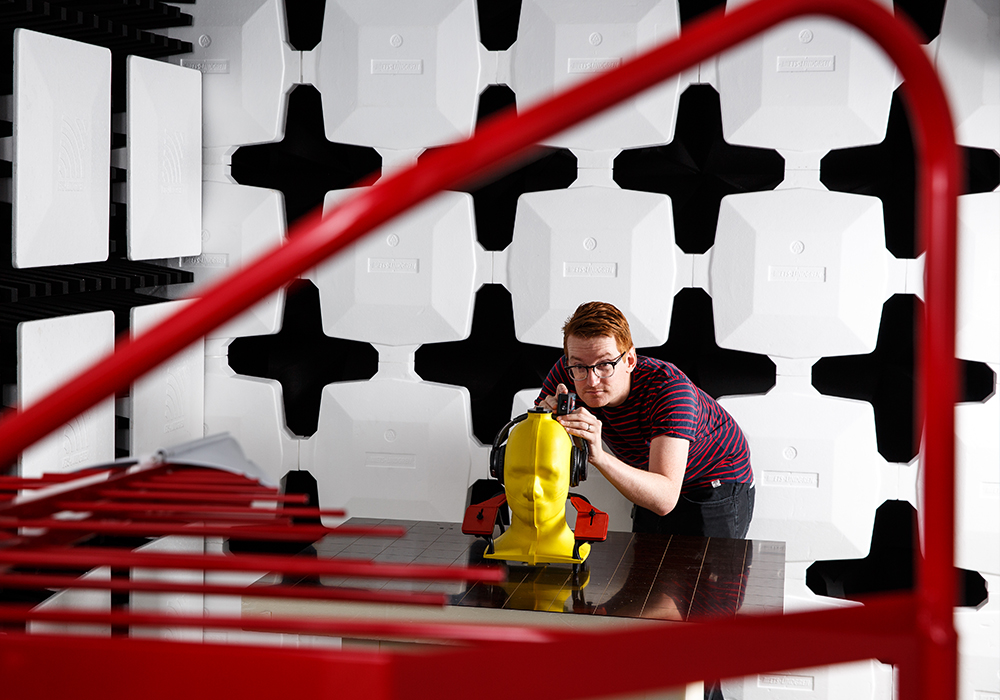 |
EMC test chamberOur fully shielded ETS-Lindgren anechoic test chamber is suitable for a wide range of EMC and RF testing, which is essential for new devices. It allows our consultants to test for unwanted radiation and susceptibility to interference at an early stage. Results can then be fed directly into product design, rather than later on when changes are expensive to implement. |
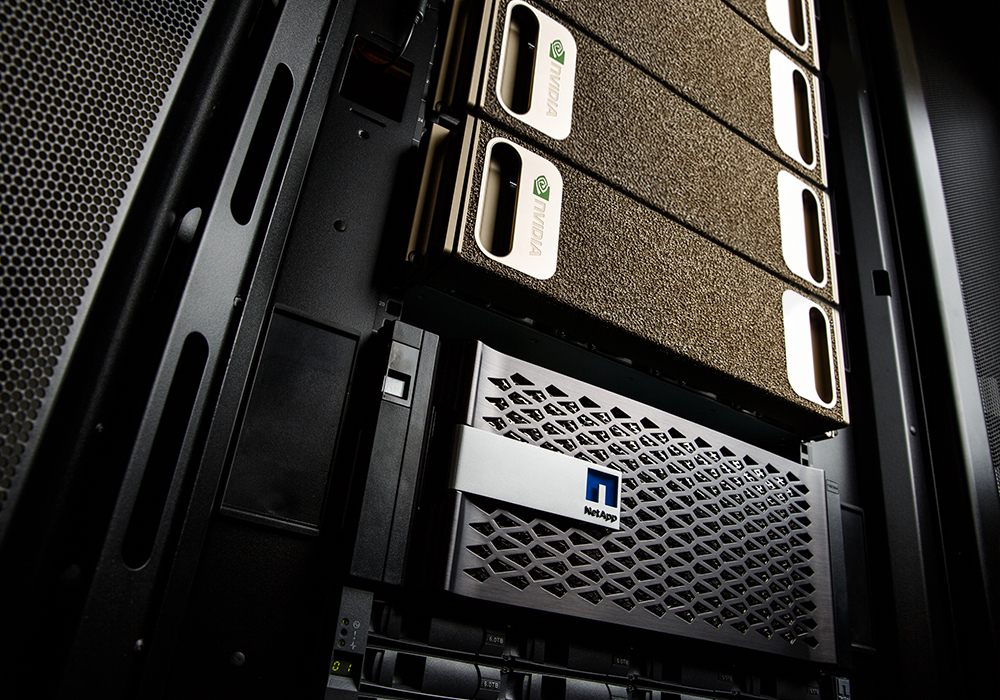 |
AI infrastructureCC’s comprehensive onsite compute infrastructure allows us to explore options and train and test models more rapidly to get better results. We run petaflop-scale, containerised compute on site, with multiple NVIDIA DGX-1 deep learning supercomputers and other GPU and FPGA-accelerated servers. This links to petabyte-scale local NetApp storage, project-specific cloud and our continuous integration systems. |
Our experts

Martin Brock
Chief Technology Officer
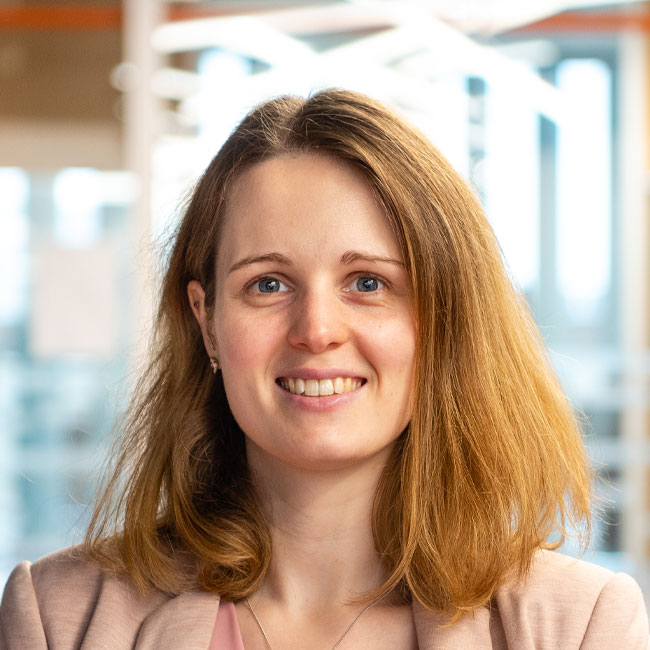
Jo Petrolati
Quantum Strategy Consultant

James Cruise
Head of Quantum Algorithms
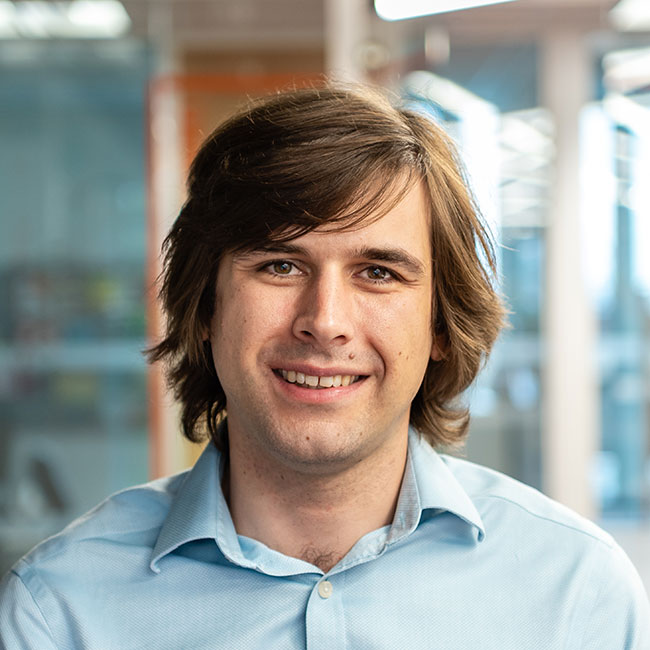
Edmund Owen
Senior Consultant - Quantum Technologies

Bill Hodson
Consulting Director

Simon Jordan
Head of Quantum Sensing

Dr Heidi Pinkney
Associate Director, Technology Strategy, Applied Science and Consulting

Logan Baber
Senior Test Engineer, Quantum Communications



